

|


|
 |
 |
 |
 |
 |
 |
 |
 |

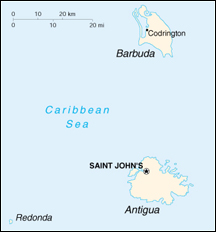 All the signs
pointed towards
Antigua. The
largest of the
British Leeward
Islands had warm,
steady winds, a
complex coastline
of safe harbors,
and a protective,
nearly unbroken
wall of coral reef. It
would make a
perfect place to
hide a fleet. And so
in 1784 the legendary Admiral Horatio Nelson sailed to Antigua and
established Great Britain's most important Caribbean base. Little did
he know that over 200 years later the same unique characteristics
that attracted the Royal Navy would transform Antigua and Barbuda
one of the Caribbean's premier tourist destinations.
All the signs
pointed towards
Antigua. The
largest of the
British Leeward
Islands had warm,
steady winds, a
complex coastline
of safe harbors,
and a protective,
nearly unbroken
wall of coral reef. It
would make a
perfect place to
hide a fleet. And so
in 1784 the legendary Admiral Horatio Nelson sailed to Antigua and
established Great Britain's most important Caribbean base. Little did
he know that over 200 years later the same unique characteristics
that attracted the Royal Navy would transform Antigua and Barbuda
one of the Caribbean's premier tourist destinations.


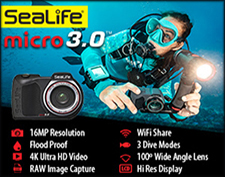
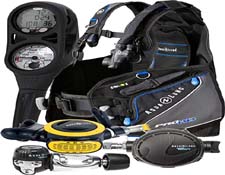


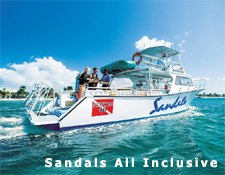

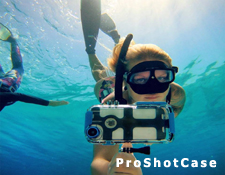

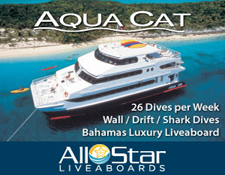
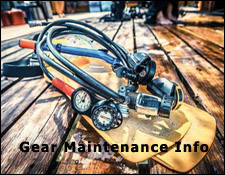


|